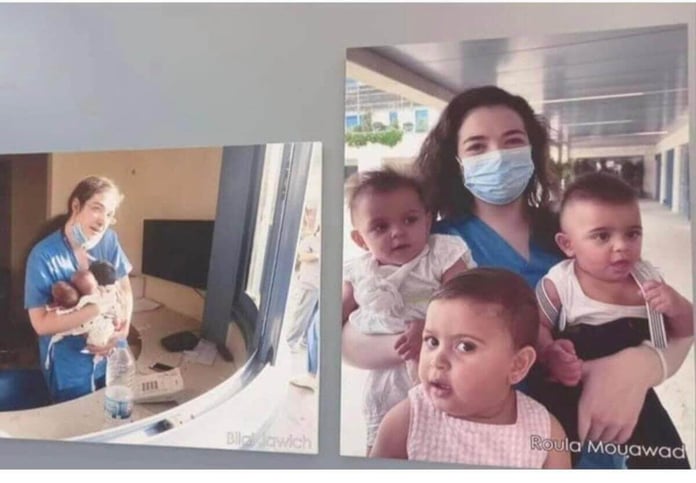
French President Emmanuel Macron pledged 100 million euros to help Lebanon on the first anniversary of the explosion in the port of Beirut, which killed hundreds and also resulted in the destruction of a large part of the Lebanese capital.
“One year after the tragedy, Lebanon can continue to rely on France’s solidarity,” the French president said in a statement on social media.
He continued, “No commitment has been fulfilled, and Lebanon deserves more than that,” adding: “A government must be formed, compromises must be found, and the road map be implemented.”
He stressed that “today’s conference is humanitarian, and there will be no blank check,” adding: “We have taken strict measures against the corrupt Lebanese politicians.”
The statement was accompanied by a video explaining how France moved after the explosion
Donors Conference
Today, Tuesday, the conference of donor countries for Lebanon began, via video technology, at the invitation of France and under the auspices of the United Nations. It is its third conference since the explosion “for Lebanon”, during which it hopes to raise 350 million dollars.
French President Emmanuel Macron said in the opening speech of the conference: “We will provide aid in euros to Lebanon to support families, students and the educational sector. Tomorrow France will send an additional shipment of medicines to Lebanon,” adding that “France will contribute to the reconstruction of the Port of Beirut.” France will also send 500,000 doses of Corona vaccines to Lebanon.
Beirut port explosion
On August 4, 2020, a fire broke out in the port of Beirut, followed by a huge explosion at six and a few minutes (15:00 GMT), whose echoes reached the island of Cyprus and caused huge damage to the port and neighborhoods in its surroundings, affecting most of the city and its suburbs.
The authorities attributed it to 2,750 tons of ammonium nitrate stored since 2014 at Crossing No. 12 in the port.
The explosion killed at least 214 people , including employees in the port and members of a fire brigade who were trying to put out the fire, and people were killed in their homes by falling glass and others in their cars or in the roads, cafes, and shops. Many families buried mere remains of their children.
In a country that has witnessed during the past twenty years, assassinations and bombings, none of which were revealed, except rarely, and none of the perpetrators were held accountable, the Lebanese are still waiting for answers to determine the responsibilities and the spark that led to the occurrence of one of the largest non-nuclear explosions in the world.












